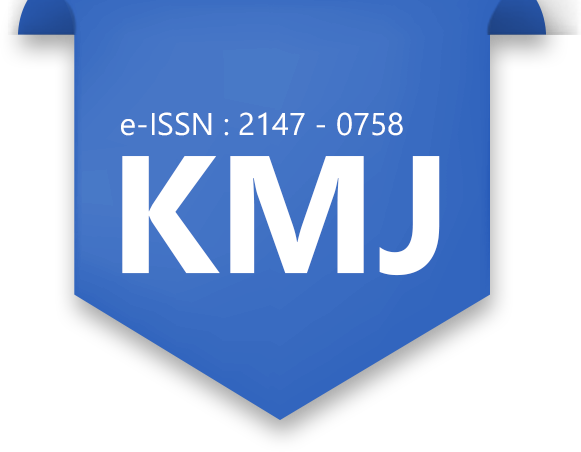
Ethical Principles
If there is any ethical concern, the editorial office will give an opportunity to explain whether plagiarism or other misconduct is an honest error. However, if the response from author is unsatisfactory and intentional misconduct cannot be ruled out, the manuscript will be rejected if it is under the process of review. However, if the article is already published, then it is retracted with a notice published in the next issue. The author’s institution will be informed of the misconduct and the journal reply to the academic institution to take action. The journal will not accept any manuscript from the same person.
The authors should acknowledge and provide detailed information on any contributions in kind and financial support given by any foundations, institutions and firms. Manuscripts reporting the results of experimental studies must explain in detail all procedures which volunteer subjects and patients have undergone and a statement indicating that consent for the study has been obtained from all subjects should be included in the text. Animal studies should clearly specify how pain or discomfort has been relieved.
In addition and as stated above, for studies conducted on human participants you must state clearly that you obtained written informed consent from the study participants; please also look at the latest version of the Declaration of Helsinki. If ethics clearance was not necessary, or if there was any deviation from these standard ethical requests, please state why it was not required. Please note that the editors may ask you to provide evidence of ethical approval. If you have approval from a National Drug Agency (or similar) please state this and provide details, this can be particularly useful when discussing the use of unlicensed drugs.
At our medical journal, we are committed to upholding the highest standards of research and publication ethics. To ensure integrity, transparency, and credibility in our academic publishing process, we have established ethical rules and guidelines for all stakeholders involved: reviewers, authors, and editors.
Ethical Rules for Reviewers
Reviewers must treat all submitted manuscripts as confidential documents and should not disclose their content to anyone other than the journal's editorial team.
Reviewers should evaluate manuscripts solely based on their scientific merit, relevance, and originality, without any personal or professional biases.
Reviewers should promptly inform the editorial office if they have any conflicts of interest that may influence their review process. In such cases, an alternative referee will be assigned.
Reviewers should undertake the peer review process promptly and provide constructive feedback to authors to improve the quality of the manuscript.
Reviewers should be vigilant to detect any potential plagiarism, data fabrication, or other forms of research misconduct and report it to the editorial office if found.
Ethical Rules for Authors
Authors must ensure that their work is original and has not been published elsewhere. Proper citation and acknowledgment of sources should be provided for any work or idea borrowed from others.
All individuals who have made significant contributions to the research should be listed as co-authors, and their consent should be obtained. Authors should ensure that all listed co-authors have reviewed and approved the final version of the manuscript.
Authors should present accurate and reliable data, and all methods and procedures should be clearly described to enable reproducibility of the study.
Authors should disclose any financial, personal, or professional conflicts of interest that may influence the interpretation of their research findings.
If the study involves human or animal subjects, authors should adhere to ethical guidelines and obtain appropriate informed consent.
Authors must obtain permission for the use of copyrighted materials or figures reproduced from other sources and provide proper attribution.
Ethical Rules for Editors
Editors should evaluate manuscripts based on their academic merit, regardless of the author's affiliation, race, gender, religion, or other personal characteristics.
Editors and editorial staff must maintain the confidentiality of all submitted manuscripts and not disclose any information about the manuscripts to anyone other than the authors and referees involved in the review process.
Editors should recuse themselves from the review process if they have any conflicts of interest with the authors or the content of the manuscript.
Editors should take appropriate actions if they suspect any form of research or publication misconduct, such as plagiarism, data manipulation, or unethical behavior.
Editors should provide clear and timely communication with authors, referees, and readers, ensuring transparency throughout the peer review and publication process.
By adhering to these ethical rules, we aim to foster an environment of trust, academic rigor, and responsible publishing within our medical journal.














